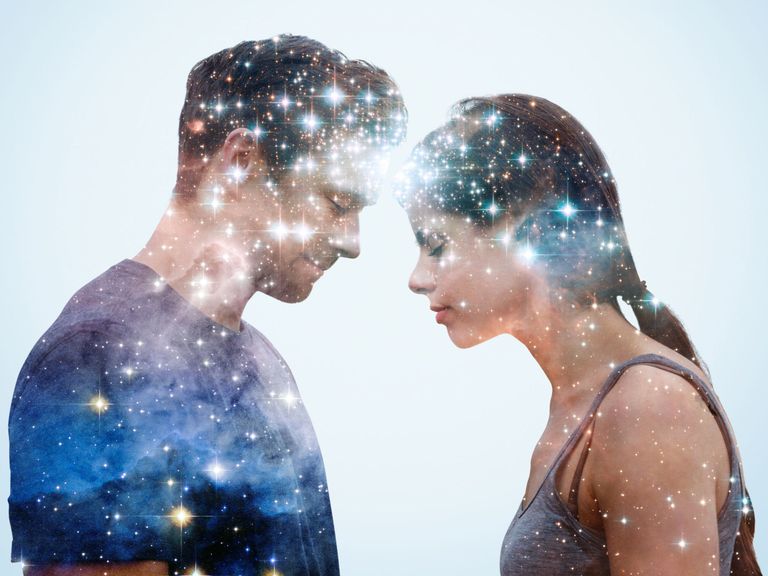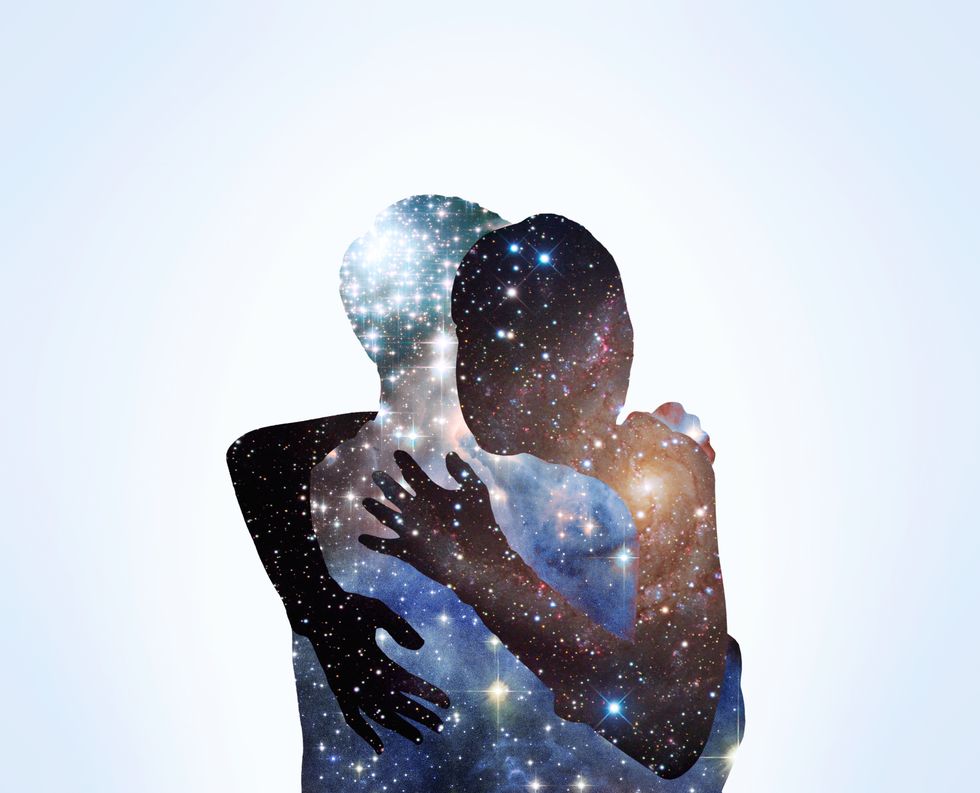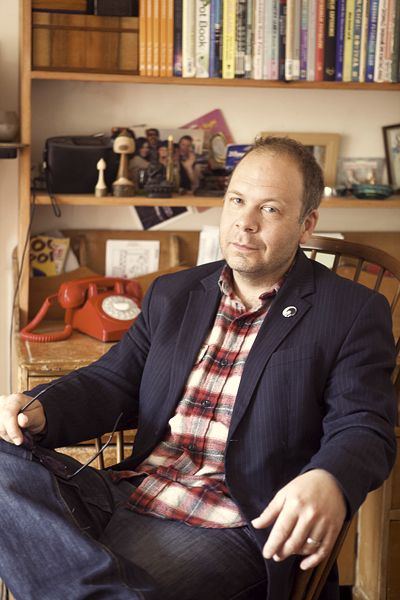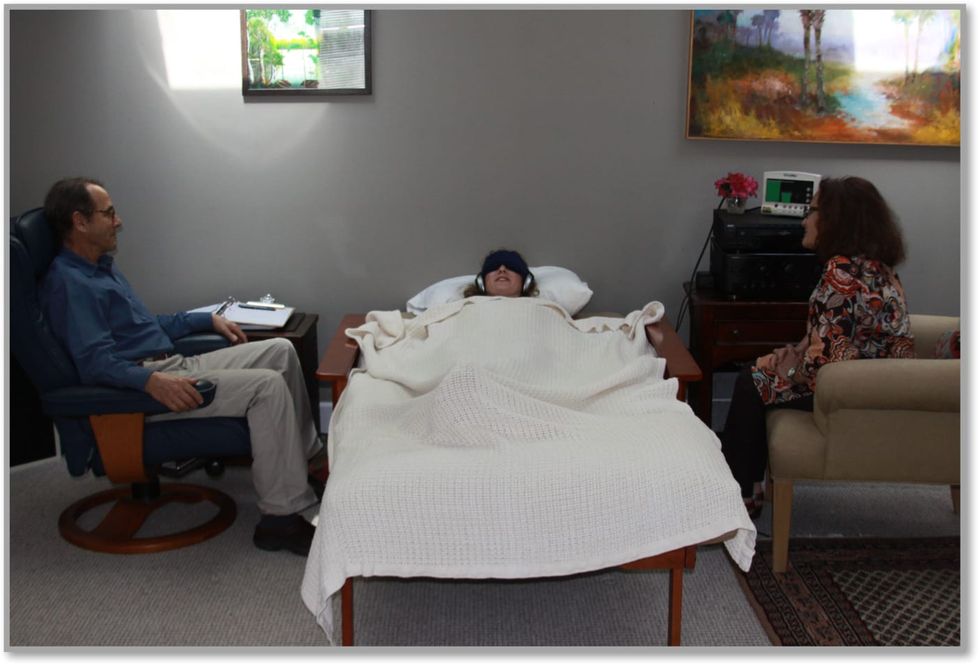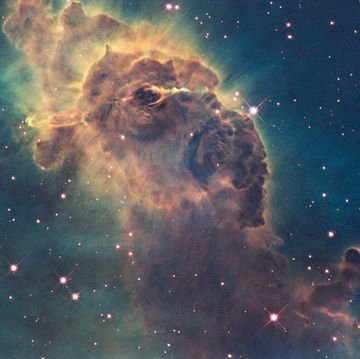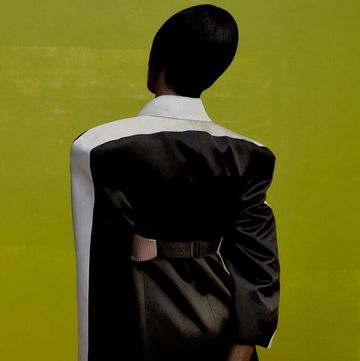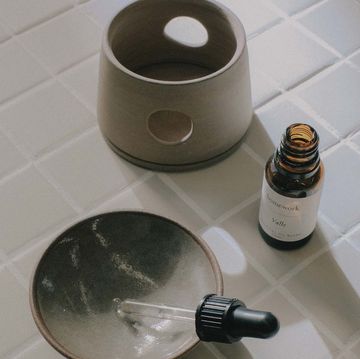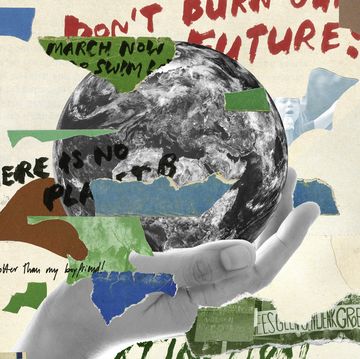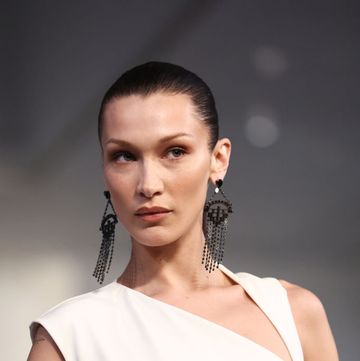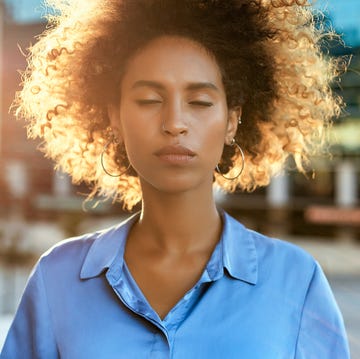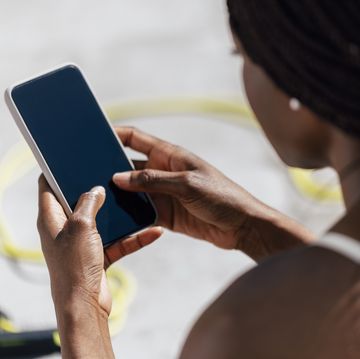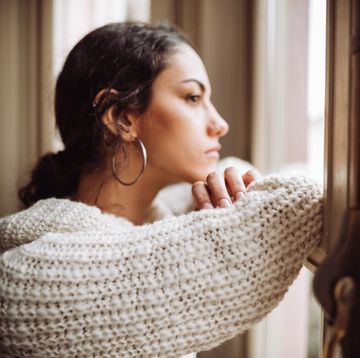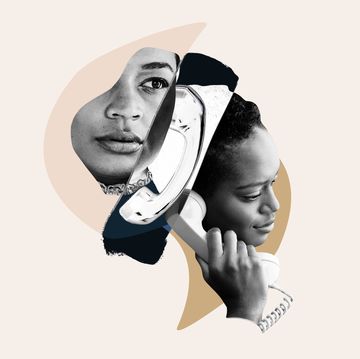I take MDMA to help me feel closer to my partners,' 23-year-old Lydia* explains. For bartender Lydia and her boyfriend, a night-in chatting, listening to music and taking drugs is more intimate than an evening drinking wine in front of the TV.
'If my boyfriend and I hadn't had those personal, in-depth talks, I don't know if we would have gotten to know and understand each other so well,' she explains.
If that sounds like a pretty extreme way to bond with your new boo, Lydia's experience isn't actually that unique.
Josh*, a 25-year-old journalist, and Emma*, a 28-year-old events co-ordinator, take MDMA together at festivals and often go clubbing just the two of them.
'I find it makes us more empathic with each other,' says Josh. 'Alcohol, in comparison, just makes us short-sighted and more likely to force our point of view.'
Emma adds, 'I tried MDMA for the first time with Josh because I already felt extremely safe with him. I experienced those powerful feelings of trust the first time, and that carries on each time I take it with him.'
Before we begin to look like drug pushers, we must stress that we do not endorse the acquisition of potentially unsafe and illegal drugs, for use in uncontrolled environments.
However, the theory behind using a drug like MDMA as a therapeutic or bonding tool is one that's actually firmly grounded in science, with many studies currently ongoing.
PhD researcher Katie Anderson's work focuses on the way taking the drug affects romantic relationships. She describes how the heightened empathy users experience when they are under the influence of MDMA can help them reach a 'deeper emotional understanding' with their significant other.
'It's not like thinking 'ok, I want to talk about something, let's take MDMA',' one participant told her. 'It was like 'uh, I want to love you even more, let's take MDMA''.
After interviewing plenty of different couples, Anderson discovered that MDMA could be a catalyst for discussion of trickier subjects, such as sexual fantasies and non-monogamy and, seemingly, the trust inspired by greater levels of empathy made for more forgiving conversations. Some even felt bold enough to declare that they'd like to marry their partner while in the safety of the MDMA 'bubble'.
One couple admitted to each other during an MDMA session that they'd both previously been unfaithful. This resulted in a 'turbulent few days', followed by a year of separation.
Though some disclosures caused couples anxiety during the dreaded come down, Anderson emphasises that most people she spoke to found their MDMA-assisted frankness beneficial to the relationship.
'Holding back has done a lot of damage to my relationships in the past,' Lydia, who suffers from Borderline Personality Disorder (BPD), tells ELLE. 'If I've been distant, worrying about something, or don't know how to start a difficult conversation, taking MDMA gives me that 'loved-up' feeling and allows me and my boyfriend to talk openly at length about things we wouldn't usually bring up.'
Clearly the drug has a great impact on your emotional wellbeing, but the question on everyone's lips is, well, drug-enhanced sex any different? Better, even?
Lydia says sex with her partner while high on MDMA is 'more intense'.
'Once you feel close and connected to someone emotionally, the rest flows on its own.'
Anderson explains participants report that intimacy is 'more about physical touch and affection rather than actually having sex'. Some recalled having more sensual, 'less goal-orientated' sex.
'One of the guys described it as taking away some of the masculine pressure to perform,' she explains. 'Another guy said he thought the sex became more similar to the way that women want to have sex.'
Before MDMA was criminalised in 1977 (1985 in the US), psychotherapists used it during therapy for a range of mental health problems – and to help couples with relationship problems.
The drug affects multiple receptors in the brain, Dr Ben Sessa, an experienced psychiatrist and pharmacologist, explains, causing a 'reduction in fear' when talking about difficult issues and fostering 'a sense of connectivity and bonded-ness'.
'One of the problems with relationships is that people take a very rigid stance from their point of view,' he says. 'A substance that appears to allow you to reflect on someone else's point of view is a really good way of helping people to resolve issues.'
Each week, Sessa receives roughly five requests from patients asking him to supply them with MDMA.
'These are not just people after some hedonistic fix,' he explains. As he quite rightly points out, 'you can get MDMA anywhere, it's not hard.'
Dr Sessa works with people battling addiction, trauma and chronic mental illness and is poised to undertake a trial in Bristol of MDMA-assisted psychotherapy for alcoholics. Importantly, he doesn't administer the drug to his patients but he does believe that MDMA is a powerful tool to help those with treatment-resistant mental health problems.
When it comes to couples struggling with PTSD (Post-Traumatic Stress Disorder), help might be closer than they think. MDMA has been approved by the FDA for final trials as a treatment for PTSD, meaning, if the drug clears this last hurdle, it could be a legal medicine in the US by 2021. Dr Sessa estimates that if these trials are successful and similar research follows in Europe, the drug could be being prescribed in the UK by around 2024.
One of the psychiatrists who worked on the trials, Dr Michael Mithoefer, has begun research into MDMA-assisted psychotherapy for couples where one partner has PTSD. So far, Dr Mithoefer and his wife Annie, a nurse, have trialled MDMA-assisted Cognitive Behavioural Conjoint Therapy (CBCT) with three married couples. Their work is funded by a non-profit called MAPS (The Multidisciplinary Association for Psychedelic Studies).
This six-week process involves two eight-hour MDMA therapy sessions (three weeks apart) as well as talking therapy, phone calls and three and six month follow-up sessions. The focus is on both tackling the affected partner's PTSD and addressing issues it may have created in the relationship.
Patients usually raise their experiences of trauma during the MDMA sessions without any prompting, says Dr Mithoefer.
'MDMA does tend to bring people's attention to important issues in their lives,' he explains.
But what about the comedown? As anyone who's ever had a particularly heavy weekend can attest to, the blues you experience post-sesh are often not worth the fun in the first place.
In a clinical setting, both Sessa and Mithoefer say that 'Tuesday blues' don't tend to feature. Sessa attributes the midweek drop in mood recreational users often complain of to poor sleep, malnutrition and mixing MDMA with alcohol and other substances, which can be extremely dangerous.
The practical stumbling blocks of MDMA research are a source of frustration to those who believe in the drug's medical potential. 'Whether a drug's legal or illegal is all somewhat arbitrary really,' says Dr Ben Sessa. 'Half the things I prescribe to people on a daily basis are way more toxic than MDMA, yet they're all drugs that are in widespread use.'
For people taking drugs in their own homes, however, nobody can deny that the practice is fraught with problems.
While the researchers conducting MDMA trials can guarantee the MDMA's purity, couples taking the drug together illegally can never be sure of the composition of their pills or powder.
'A pill is absolutely anything - including whatever dose of MDMA happens to be in it or no MDMA at all or something really toxic,' cautions Dr Sessa. 'One of the problems with prohibition is the dangerousness of not knowing what you're taking.'
When the drug comes from a dealer, it's obviously more difficult to control. The majority of couples Anderson spoke to described attempts at cautious dosing or restricting their usage to once per month (or less). Others chose to buy their drugs from the Dark Web, where they took into account buyer reviews.
'We obviously worry about the potential risks,' Josh tells me. 'When we go out we take regular breaks from dancing so we don't over-heat and keep our fluid intake up but also make sure not to over-hydrate.'
Lydia has never experienced lasting negative side effects from using MDMA but she says greater access to drug testing facilities (like the service provided by The Loop at some festivals) would put her mind at ease.
'I do worry about what's in my drugs and how it might affect me later in life,' she explains. 'It always crosses my mind when I take MDMA but, for me personally, the benefits definitely outweigh the risks.'
*Names have been changed
